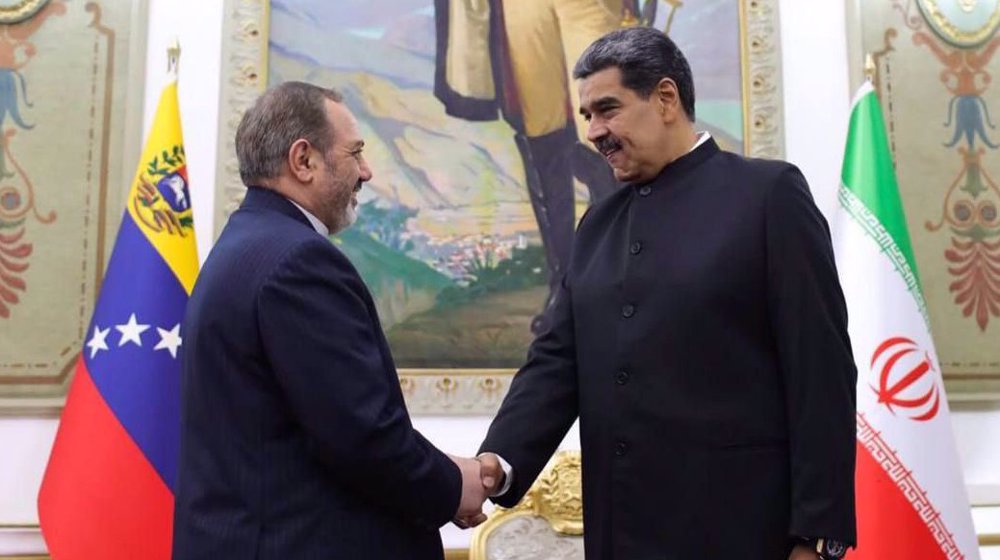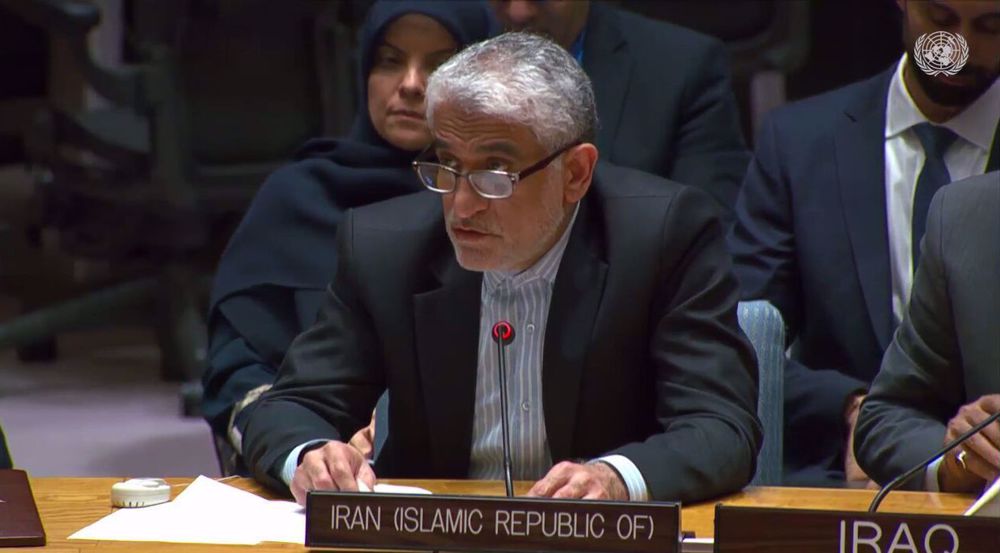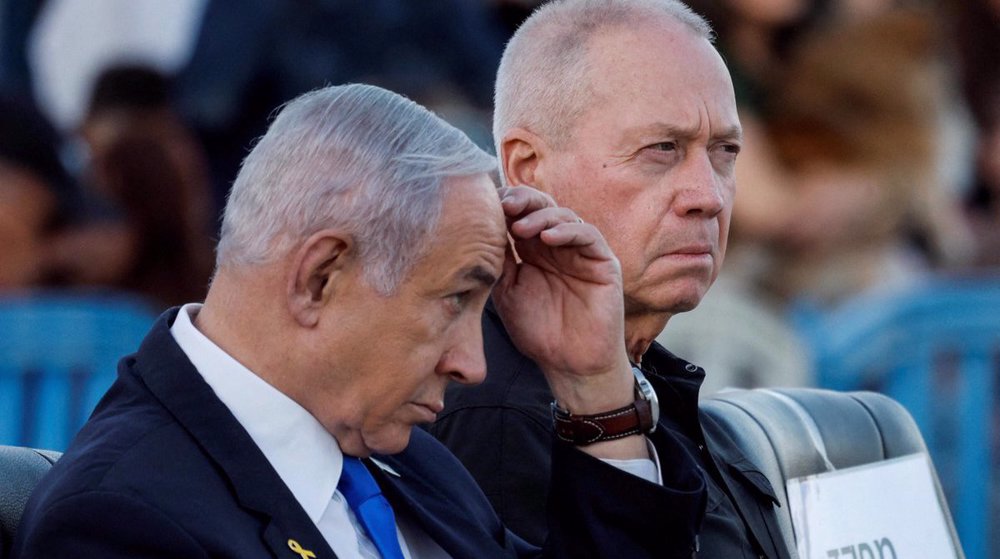Raeisi urges youth to vote, ‘not to take revenge on next administration for current woes’
Presidential candidate Seyyed Ebrahim Raeisi has called on the Iranian youth to go to the ballot boxes in the June 18 presidential vote in spite of all their current economic hardships, asking them not to “exact revenge” on the next administration for the woes they have faced during the terms of President Hassan Rouhani.
Speaking to reporters on Saturday, Raeisi described the young generation as Iran’s “most significant resource” and said the issues facing the youth today, such as unemployment, economic challenges of marriage, and increasing housing prices, need special attention.
“Dear youth, decide your own fate! If you have complaints about the current [economic] situation, you should not take revenge on the future administration [for the issues you experienced] in this administration,” he said. “Dear youth, make sure you will take part in the election with a whole lot of hope for a bright future.”
Raeisi said an educated, young work force could serve a driving force in the country’s economy.
Former young presidential hopeful meets Raeisi
Meanwhile, Iranian news agencies reported late Saturday that Saeed Mohammad, who had applied to join the upcoming presidential race but was disqualified from running, held a “friendly” meeting with Raeisi.
During the two-hour-long meeting, Mohammad briefed Raeisi on the popular teams that had been formed to boost his campaign before he was disqualified by the Constitutional Council from running.

Mohammad said the popular teams stood ready to boost Raeisi’s campaign and help him on the path toward realizing a “young, revolutionary administration.”
The reports also carried a photo of the two standing next to one another.
Born in 1968, Saeed Mohammad, is a former commander of the Khatam al-Anbiya Construction Headquarters belonging to the Islamic Revolution Guards Corps (IRGC). He was the youngest among the prominent hopefuls who had registered for the presidential election.
‘Production boom can contain inflation, unemployment’
Earlier on Saturday, Raeisi joined a program on Iran’s Radio Eqtesad (economy), during which he elaborated on the what he saw as the root causes of the country’s economic woes and presented his plans on how to tackle them.
During the program, which was aired later in the day, Raeisi said he saw production and inflation as “closely and directly interrelated,” and that a boom in production can not only rein in inflation but can also help solve other issues such as unemployment and high prices.
The presidential candidate said, “We have no other option but to bring change. The people should feel that a change has come about. An administration official should have a correct understanding of the root causes of the problems and take urgent measures, albeit without rush.”
Besides the measures to take at home, “active economic diplomacy” is need to boost business activity within the country, he added.
According to Raeisi, the country’s Foreign Ministry should include a “economic diplomacy” department tasked with increasing Iran’s share of the region’s economy and find a market there for domestic products.
All of the seven Iranian presidential candidates have been largely campaigning on a platform of improving the country’s economy, which has been hit by a set of harsh American sanctions as well as the outgoing administration’s failure to control the economic repercussions of the restrictive measures.
Among the seven, Raeisi became the first to start campaigning. Braving the coronavirus outbreak, he took the initiative in the early days to meet with two significant strata of the country’s economic sector, signaling that economy would top his potential presidential agenda.
His first campaign event took him to the Tehran Chamber of Commerce, where he met with the country’s business community and workers’ unions.
Raisi then visited and held talks with the merchants at Grand Bazaar, a significant place of commerce in the heart of the capital, Tehran. The historical marketplace is known for the significant role it played in the 1979 Islamic Revolution by establishing strong links between the country’s clergymen and middle-class traders.
VIDEO | Former FBI agent criticizes US Congress for 'outright corruption'
IRGC chief urges Muslim countries to cut aid routes to Israel
'New chapter in cooperation': Iran, Venezuela sign new MoUs
Jordan sentences former lawmaker for supporting Palestinian resistance
Basij volunteer forces hold massive drills in southwestern Iran
Israeli war criminals 'not welcome', US city says after ICC ruling
US vetoing of Gaza ceasefire resolution ‘disgraceful’: Iran’s UN envoy
VIDEO | IAEA adopts anti-Iran resolution tabled by E3











 This makes it easy to access the Press TV website
This makes it easy to access the Press TV website